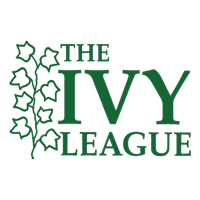 The new tax billed passed by Congress and signed into law by President Trump, calls for a 1.4 percent tax on net investment income for educational institutions whose financial assets are more than $500,000 per student. The new tax is expected to raise $1.8 billion over the next decade according to the Congressional Joint Committee on Taxation.
The new tax billed passed by Congress and signed into law by President Trump, calls for a 1.4 percent tax on net investment income for educational institutions whose financial assets are more than $500,000 per student. The new tax is expected to raise $1.8 billion over the next decade according to the Congressional Joint Committee on Taxation.
The new tax will only impact about 35 educational institutions, including most Ivy League universities and other high-ranked educational institutions with the largest endowments.
At Harvard University, which has the largest endowment of any college or university in the United States, officials stated that for their fiscal 2017 year, a $43 million tax would have been levied under provisions of the new law. The tax will undoubtedly force universities to cut funds from some programs – possibly student financial aid – to maintain endowment returns. Any cuts to student financial aid programs may disproportionately affect African American students. Harvard president Drew Faust called the new legislation “a blow at the strength of higher education.”
President Fault added that “I am deeply concerned that the adoption of an unprecedented excise tax on charitable organizations that targets certain colleges and universities will weaken our ability to support students and research. The provision will constrain the resources that enable us to provide the financial aid that makes college more affordable and accessible and to undertake the inquiries that yield discoveries, cures, innovation, and economic growth.”
Mary Sue Coleman, former president of the University of Michigan who is now president of the Association of American Universities, said in a statement, “Passing this legislation will mean less money for student aid and for life-saving research at America’s research universities. I remain troubled by certain provisions that will make higher education less accessible and less affordable. Taxing nonprofit educational institutions harms their ability to carry out the educational and research programs that serve the American public.”









